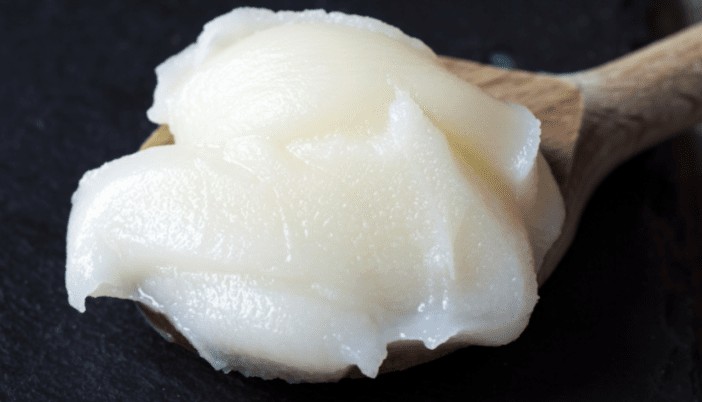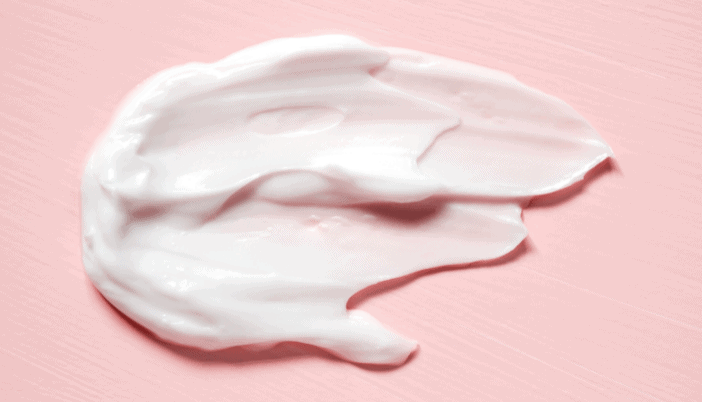Is Thiamine Mononitrate Vegan?
As a vegan, you always are careful at checking the ingredients on the packaging of the items you consume. After all, you want to ensure that there is nothing animal-based, or additives that have been tested on animals.
Every so often you see in the list of ingredients, Thiamine Mononitrate (B1), and wonder what it is and if it’s something a vegan should be having in their diet. You will be glad to know that Thiamine Mononitrate is safe for vegans.
Here we will explain what it is, how it is produced, the benefits of Thiamine Mononitrate and how you can tell if you are lacking this in your body.
As an Amazon Associate, I earn from qualifying purchases. The links below may be affiliate links. Please read my disclosure policy for more information.
Where does Thiamine Mononitrate come from?
Thiamine Mononitrate is a form of vitamin B1. There are a couple of ways that this vitamin makes its way into our diet.
It can be naturally produced in a variety of plant-based food items (we will show you which ones later). Thiamine Mononitrate can also be created through chemical synthesis. The process of chemically producing thiamine is by taking away a chloride ion from thiamine hydrochloride which is then added to nitric acid.
You may wonder if synthetic thiamine is something vegans should have. Most products that contain this type of thiamine have been approved by the Vegetarian Resource Group. When buying supplements (something we will look at later), check to see if the bottle or packet is labeled as vegan.
Why do we need thiamine?
There is a range of health benefits associated with a daily intake of thiamine. It is essential for energy production with our bodies. B1 aids in the creation of adenosine triphosphate which provides energy to our cells.
Thiamine also helps:
- Transmit nerve impulses along our nervous system
- Aids digestion
- Strengthens your immune system
- Is important for the metabolization of glucose
For men and women, the daily recommended daily intake (RDI) of thiamine is a minimum of 1.1mg to 1.2mg. For pregnant and breastfeeding women, the RDI increases to 1.4mg. There is no maximum level for the RDI. Because it is water-soluble, any excess thiamine that your body doesn’t need will be removed through your urine.
So, now you know where thiamine mononitrate comes from and its health benefits, how do you know if you are lacking in thiamine?

Symptoms of a thiamine deficiency
As with any health issue, some signs show you something is wrong with your body and its system. We recommend that if you show any of these signs, then talk with your health professional.
A lack of thiamine can be detected by you experiencing:
- Increasing fatigue and tiredness
- Your vision starts to become blurred
- You find that you are losing your appetite
- There is increasing weakness in your muscles
- You become more irritable
As with any health diagnosis, the cause of your health issue needs to be thoroughly examined to determine the problem. Please seek medical advice and talk to your doctor about thiamine (especially if you have just recently started a new diet regime).
Sources of thiamine mononitrate
We mentioned at the start of this article that mononitrate can be created either naturally or synthetically. Both forms are safe for vegans.
Naturally occurring thiamine is found in legumes, oats, nuts, seeds, yeast, and oranges.
Thiamine is sometimes added to food because its natural form is lost through the cooking process involved in the manufacturing of the item (for example, breakfast cereals). Products that have thiamine added to them are rice, pasta, flour, bread, vegetable burgers, and cereals.
Thiamine supplements
If you think that your diet isn’t giving you the level of thiamine that you need, you can buy supplements to top-up your B1 levels. A majority of the supplements available are suitable for vegans, but if you have any doubts always check the product’s label.
Here are several thiamin supplements that are well-respected within the vegan community:
Solgar Vitamin B1
For at least 70 years, Solgar has been providing a range of health products. Their B1 supplements are free of gluten, wheat, dairy, soy, yeast, sugar, sodium, artificial flavor, sweetener, preservatives, and color (which is everything vegans avoid!).
Solaray Vitamin B1
Solaray produces its supplements in its own facility. That kind of control gives you confidence that you are getting an amazing supplement that contains only the best ingredients. It’s also vegan verified.
Nature Made Vitamin B1
Nature Made is one of the most well-recognized supplement brands. The ingredients of this supplement have been tested and verified by US Pharmacopeia (USP) to ensure they meet UPS’s exacting standards.
Can too much thiamine be bad for you?
Though we mentioned that there is no maximum RDI level for thiamine, does that mean that you can have as much of it each day as you desire? Typically, anything taken in excess can become troublesome and that includes thiamine.
Sure, it’s water-soluble and the B1 that your body doesn’t absorb will pass through your system and exit through your urine. Yet, some websites warn of possible side effects that can crop up through an excess of thiamine.
If you find you suffer from any of the following, either reduce your thiamine RDI to the minimum level (which is 1.2mg or 1.4 for pregnant and breastfeeding women) or eliminate thiamine and seek an alternative source for your B1.
Thiamine side effects according to RxList.com are:
- warmth
- severe allergic reaction (anaphylaxis)
- skin discoloration
- sweating
- restlessness
- rapid swelling of the skin
- itching
- hives
- fluid in the lungs (pulmonary edema)
- weakness
- tightness of the throat
- nausea
If you suffer from any reaction to thiamine, please stop taking it and avoid products that have it listed as an ingredient.
Thiamine is vegan
Thiamine is a source of vitamin B1 that can be found in several plant-based foods. Also, you may come across the synthetically produced formed used by manufacturers to add the vitamin into their products. Vegans will be fine consuming either type.
The only thing to be aware of is any reaction you may have toward consuming high quantities of thiamine. Though many health professionals say that excess thiamine isn’t a health issue, some side effects may occur. If you feel you have had an adverse reaction to thiamine, then look at replacing it with another source of B1.








